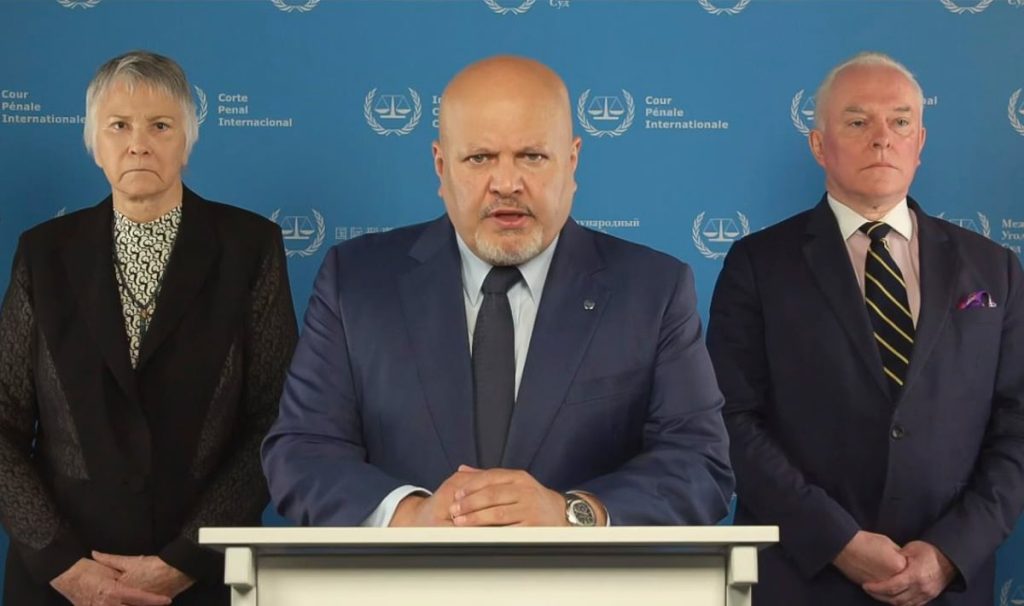On May 20, the Chief Prosecutor of the International Criminal Court (ICC), British Karim Khan, requested that the Pre-Trial Chamber of the Court issue arrest warrants for three members of the Hamas leadership – Yahya Sinwar, head of Hamas in the Gaza Strip; Mohamed Diab Ibrahim al Marsi, commander-in-chief of the Al Qassam Brigades, and Ismail Haniya, head of Hamas’ political bureau – as well as for Israeli Prime Minister Benjamin Netanyahu and Defense Minister Yoav Gallant. The situation is grave, with over 35,000 Palestinian deaths, mostly civilians, 80% of homes destroyed or severely damaged, over a million displaced people facing daily indiscriminate attacks, destroyed medical and hospital infrastructure, and rampant famine due to intentional deprivation of humanitarian aid in Gaza. The international community has been forced to react, with UN Secretary General António Guterres pressuring States and leaders to adopt resolutions and calling for a ceasefire that has not yet been achieved, even through the Security Council.
Spain, Ireland, and Norway have announced plans to recognize the State of Palestine on May 28, as part of a significant political strategy to pressure for a two-state solution that respects international obligations and recognizes the Palestinian people’s right to self-determination. Additionally, South Africa has taken historic action against Israel in the International Court of Justice for failing to meet obligations under the Genocide Convention. Many believed the ICC should react – as an organization created by the Rome Statute of 1998, it represents an unprecedented advancement in humanity’s history, tasked with combating impunity for the most serious international crimes like war crimes, crimes against humanity, genocide, and aggression. Palestine acceded to the Rome Statute on January 2, 2015, accepting jurisdiction over crimes committed in occupied Palestinian territories since June 13, 2014. The Prosecutor initiated a preliminary examination on January 16, 2015, and announced an investigation into the situation in the State of Palestine on March 3, 2021.
While the ICC Prosecutor may have been slow to act, and despite pressures faced and yet to come, they have finally requested these arrest warrants. The Prosecutor’s statement emphasized the importance of equal application of the law, warning that selective enforcement could lead to the Court’s collapse. Historically, the ICC has been criticized from the Global South for focusing on pariah States and alleged bias, particularly due to investigations primarily in Africa. Some have questioned its independence and accused it of partiality, notably after not launching an investigation into Afghanistan, prompting States like Burundi and the Philippines to withdraw. This moment presents a crucial opportunity for the ICC to regain legitimacy globally and for States parties to the Rome Statute to fulfill their duty to cooperate effectively.
In this significant moment, Western nations must resist Israeli pressure, cooperate with the ICC, and execute any arrest warrants issued by the Pre-Trial Chamber. The ICC can truly become an instrument of the international community in combating impunity for the most serious international crimes. Professor Ana Manero Salvador, a scholar in Public International Law at Universidad Carlos III de Madrid, emphasizes the importance of this cooperation for the Court’s credibility and effectiveness in achieving justice globally. The upcoming decisions in this case have the potential to reshape perceptions of the ICC and strengthen the rule of law in international affairs.














